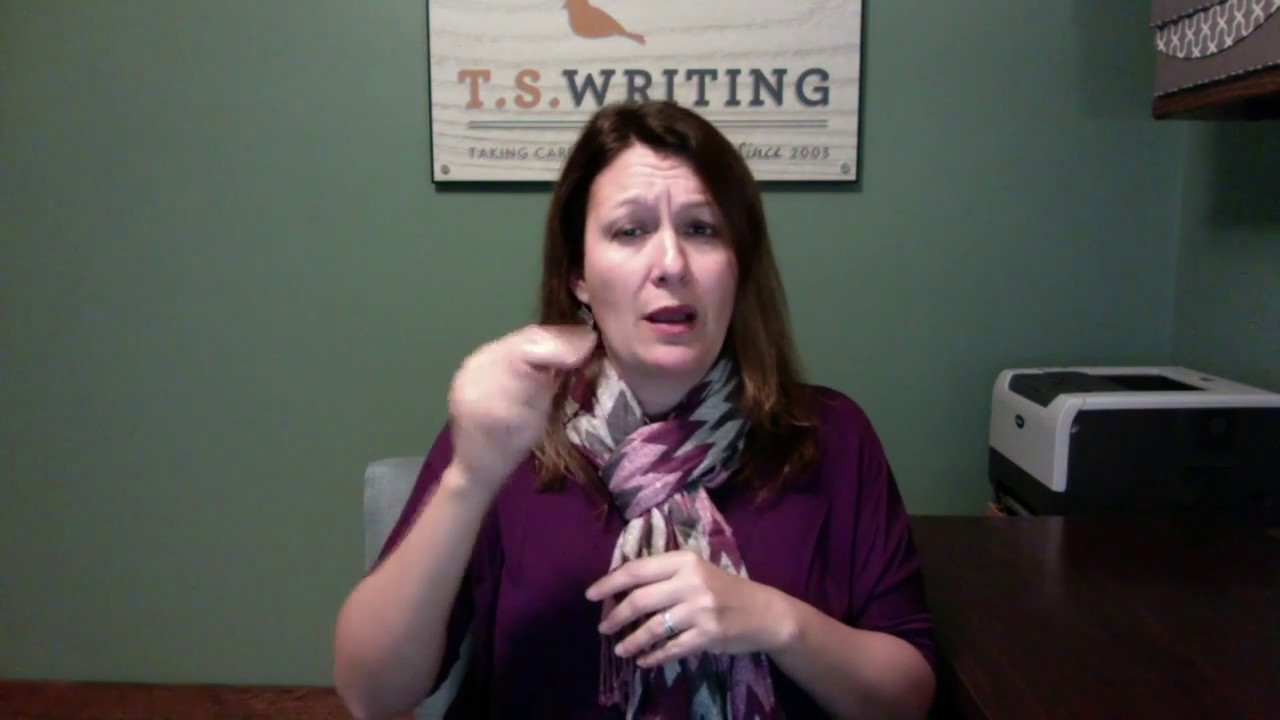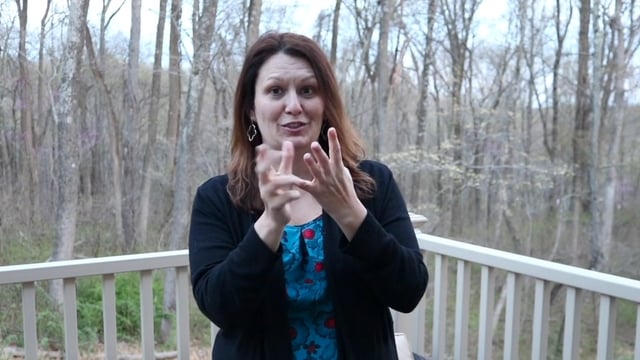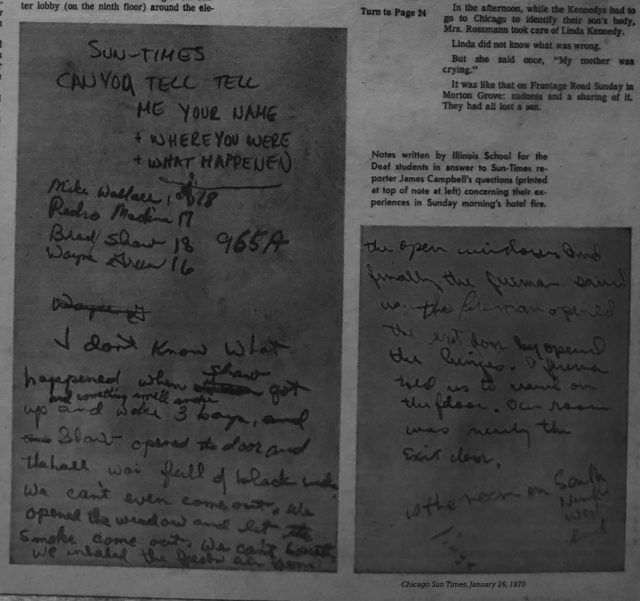I recently read Walking with the Devil, by Michael Quinn, a retired Minneapolis Police Department officer. The controversial book isn’t very well written (it reads as if he’s speaking to an audience), but has excellent stories from his career. Quinn basically talks about the Code of Silence, where police often are expected to protect their own, even under oath. I read the book with some wariness, mainly because I worked with the Illinois State Police for three years and met some of the finest, most honest people I’ve ever known in my life. I doubted whether everything he wrote was really true, especially about lying on the stand in uniform under oath.
Last week, however, I lost any doubt I had in the validity of Quinn’s claims.
In December, I was pulled over for speeding. The policewoman said I was going 75 in 55 (I had my cruise control set to 63, which is still speeding but nowhere near the 75 she claims I was going). She refused to give me paper and pen at first, and kept speaking – the same story for many deaf people. After several repeated “me deaf” and “paper/pen” gestures over the course of maybe four minutes, she finally took out a notepad and wrote to me. When I started writing that I had my cruise control set to 63, she grabbed the pen away from me and walked away, not even interested in my comments.
I found some paper and a pen in my jeep, and when she came back, I asked her to please give me her name. She refused initially, and told me I was getting a ticket. After several repeated requests from me, she finally told me her last name and badge number, saying she wasn’t allowed to give me her first name. The communication was made worse by the dark night (it was 4:45 p.m. in December, which in Minnesota means darkness within a few minutes). Never mind that the ticket itself didn’t list where I was to go to court, an address, or anything; it simply said the name of the county. It took me two days to finally find out where I was supposed to go or send my payment in. In fact, the county clerk filed a report about this with the officer’s supervisor when I showed her the ticket at court.
I went to court. The interpreter was fantastic, the judge was kind and fair, and I was prepared. The judge initially sided with the state, until he saw my notes and realized I was telling the truth. I told him I was more than willing to admit I was speeding at 63, but there was no way I could have been going 75. So he reduced my fine to the amount for 63 mph, which is exactly what I wanted to happen.
But here’s what stunned me.
In court, the officer testified that I never once indicated I was deaf, that I could speak/lipread, and that she immediately gave me paper and pen upon finding out I was deaf. I sat there in disbelief. How could she lie like that on the stand? I’ve been Deaf for 30 years, and the first thing I do when a hearing person – especially a uniformed officer – speaks to me is quickly point to my ear and shake my head.
I also can’t speak. At all.
I can’t even remember the last time I used my voice. And let’s not forget that lipreading in the dark is next to impossible, especially with cars’ headlights constantly sweeping over your face as they pass by. Finally, she did not give me paper/pen immediately, and took the pen away from my hand when I tried to respond to her comments. In fact, she didn’t understand my gestures when I mouthed “paper” as I gestured “write.” Besides, if I could speak, why would we need paper and pen?
The officer seemed a bit trapped when I asked while she was on the stand, “How dark was it outside?” She responded, “It was pretty light.” I asked in disbelief, “At 4:45 p.m. in December?” She stammered and said, “Uh, I mean…(looking trapped)” The judge made her respond, and by then it was obvious she was lying. Later, the judge – thankfully – read the notes I saved from the incident and immediately lowered the fine. In fact, his exact words later were: “Why are you here if you admit to speeding? I think this is a waste of time.” He looked at the cop as he said the last part. The officer, off the stand by now, slouched down in her seat.
Why would the officer lie like that? To protect her badge – or rather, to protect herself from a lawsuit. Exactly like Quinn says in his book.
And we wonder why so many people, especially Deaf people, are wary or even afraid of police officers. Talk to Deaf or hard of hearing people, and you’ll hear story after story about police incidents, and how communication became dangerously unavailable, contributing to the trauma or severity of the situation. There are also so many Deaf people who have been shot or mistreated physically by police in various situations. We only need to look to the shootings of Eric Smith, Stephen Helmig, James Levier, and Errol Shaw, to name a few, for examples where miscommunication caused death.
Don’t get me wrong; I’ve trained local and state police officers many, many times and am very conscious of their need to put safety first. I also believe that officers are sincere in wanting to keep communities safe. I also know that there are more good cops than bad, and that not all officers are alike. But when an officer lies on the stand, before God, then any hope or trust I have in a police department is lost.
Copyrighted material. This article can not be copied, reproduced, or redistributed without the express written consent of the author.




